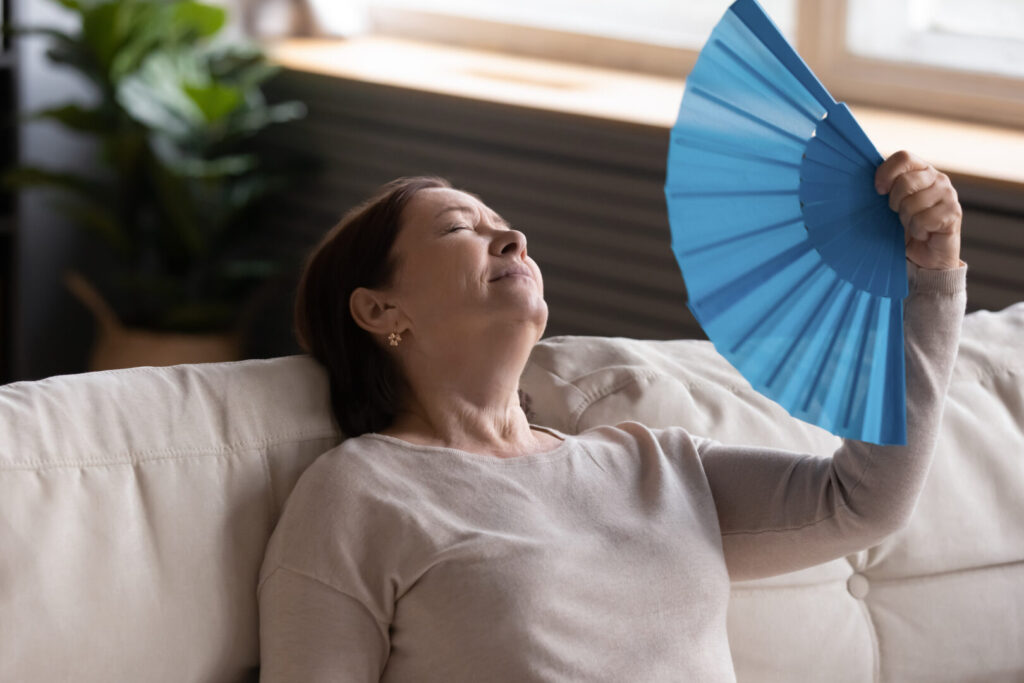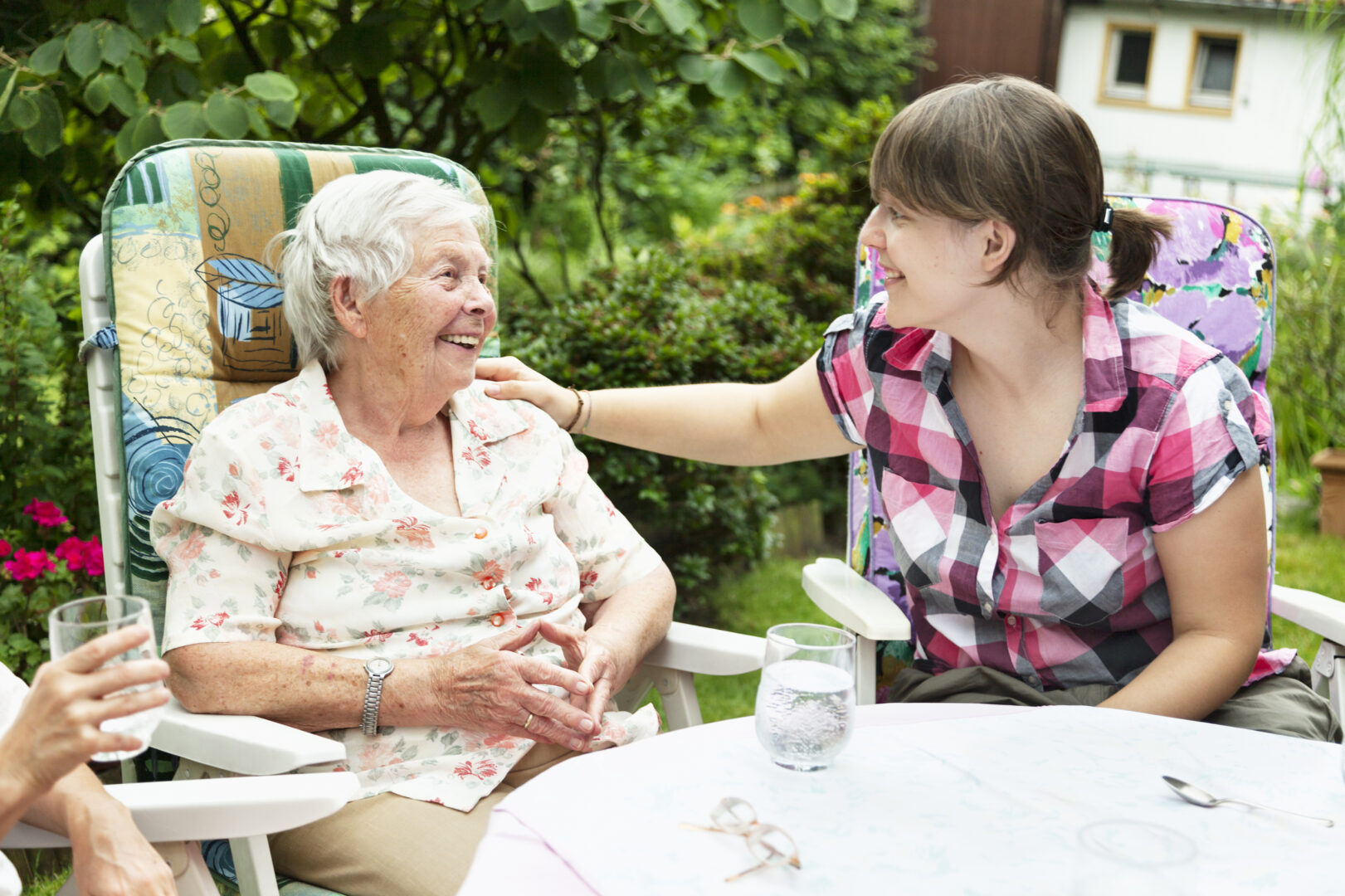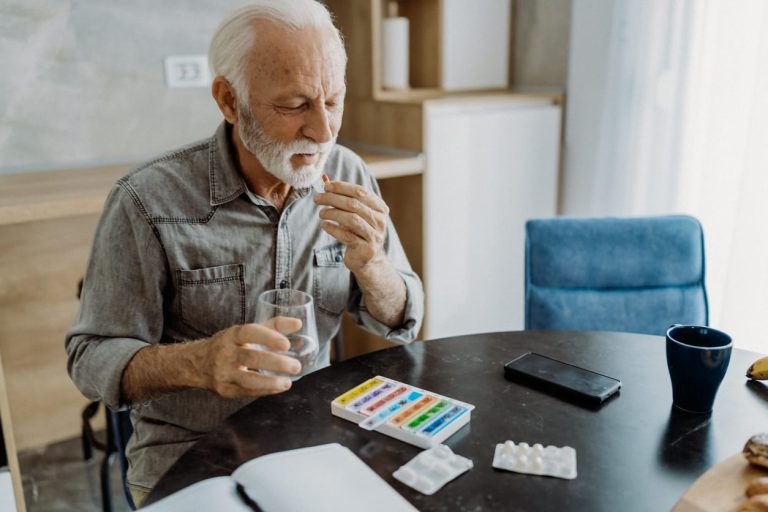Summer heat can pose significant health risks, particularly for vulnerable populations such as the elderly. Understanding the various heat-related health issues is essential for recognizing symptoms, taking preventive measures, and providing appropriate care.
Heat exhaustion, heat stroke, and dehydration are common conditions that can result from prolonged exposure to high temperatures. Recognizing the signs and symptoms of these conditions, such as fatigue, dizziness, confusion, rapid heartbeat, and altered mental state, is crucial for prompt intervention.
By understanding the risks and implementing preventive tips, we can ensure the safety and well-being of individuals during hot weather. To learn more about heat-related health issues and how to keep seniors safe and cool during the summer heat, read the full article.
Tips for Preventing Heat-Related Health Issues
When it comes to preventing heat-related health issues in aging loved ones, there are a few additional considerations to keep in mind. As people age, their bodies may become less efficient at regulating temperature, making them more susceptible to heat-related illnesses. Here are some tips specifically tailored for elderly individuals:
- Stay cool indoors: Ensure that your aging loved one has access to a cool environment, especially during the hottest parts of the day. Encourage them to use air conditioning or fans to maintain a comfortable temperature at home.
- Dress appropriately: Help your loved one choose loose, lightweight, and breathable clothing made from natural fibers. Clothing should allow for air circulation and aid in sweat evaporation to prevent overheating.
- Stay hydrated: Remind your loved one to drink plenty of water, even if they don't feel thirsty. Older adults may have a decreased sense of thirst, so it's important to encourage regular hydration. Provide water bottles or cups within easy reach to promote hydration throughout the day.
- Avoid overexertion: Advise your loved one to avoid strenuous activities during the hottest times of the day. Encourage them to engage in light exercises or activities that won't overtax their bodies. If they have any physical limitations or health conditions, consult with their healthcare provider for appropriate exercise recommendations.
- Keep in touch: Regularly check in on your aging loved one, either through phone calls, video chats, or in-person visits if possible. Make sure they are feeling well and managing the heat effectively. Offer assistance with tasks such as grocery shopping or running errands during hot weather.
- Medication management: Some medications can increase an individual's sensitivity to heat or affect their body's ability to regulate temperature. If your loved one takes medication regularly, consult with their healthcare provider to understand if any precautions need to be taken during hot weather.
- Seek medical attention if needed: Educate your loved one about the warning signs of heat-related illnesses, such as heat exhaustion or heat stroke. If they experience symptoms like dizziness, confusion, rapid heartbeat, or difficulty breathing, advise them to seek immediate medical attention.
- Emergency preparedness: Create an emergency plan together with your aging loved one. Ensure they know how to reach emergency services and have a plan in place in case of power outages or other heat-related emergencies.
Remember, every individual is unique, and it's essential to consider your loved one's specific health conditions, medications, and personal preferences when implementing these tips. Consulting with their healthcare provider can provide additional guidance and tailored advice to prevent heat-related health issues in older adults.
Understanding Heat-Related Health Issues
Heat Exhaustion
Recognizing the symptoms of heat exhaustion is crucial in preventing its progression into a more severe condition like heat stroke. Let's delve into the details of heat exhaustion and its common symptoms:
- Fatigue and weakness: Heat exhaustion often leads to extreme tiredness and a feeling of weakness. Prolonged exposure to high temperatures can drain the body of energy, leaving individuals feeling depleted and lethargic.
- Dizziness and fainting: When the body overheats, it can adversely affect the brain and cause dizziness or lightheadedness. In severe cases, individuals may even faint due to the strain placed on the cardiovascular system.
- Headache and confusion: The combination of heat and dehydration affects cognitive function and impairs judgment.
- Nausea and vomiting: Excessive heat can cause gastrointestinal distress, leading to symptoms such as nausea and vomiting. These symptoms may further contribute to dehydration, exacerbating the overall condition.
- Rapid heartbeat and excessive sweating: When the body is subjected to high temperatures, the heart works harder to circulate blood and maintain internal temperature. This increased effort leads to a rapid heartbeat while the body attempts to cool itself down through excessive sweating.

Heat Stroke
Heat stroke is a severe heat-related illness that demands immediate medical attention. It is a life-threatening condition that occurs when the body's temperature regulation system fails, resulting in a rapid rise in core body temperature. Understanding the signs of heat stroke is crucial for prompt intervention. Here are the key indicators of heat stroke:
- High body temperature: Heat stroke is characterized by a body temperature of 104 degrees Fahrenheit (40 degrees Celsius) or higher. Unlike heat exhaustion, which may present with a slightly elevated temperature, heat stroke involves a significant increase in core body temperature.
- Altered mental state or behavior: Heat stroke can cause confusion, agitation, irritability, delirium, or even hallucinations. The brain is particularly vulnerable to the effects of overheating, leading to changes in mental function and behavior.
- Dry, flushed skin: Unlike heat exhaustion, where the skin is typically moist from excessive sweating, heat stroke often results in dry, hot, and flushed skin. The body's ability to produce sweat becomes compromised, preventing the natural cooling mechanism.
- Rapid breathing and racing heart: Heat stroke puts tremendous strain on the cardiovascular system. As a result, individuals may experience rapid breathing and an accelerated heart rate as the body tries to compensate for the heat stress.
- Unconsciousness or seizures: In severe cases of heat stroke, a person may lose consciousness or experience seizures. These are critical medical emergencies that require immediate medical attention.
Both heat exhaustion and heat stroke can be prevented by taking precautionary measures during hot weather. Staying hydrated, seeking shade or air-conditioned environments, wearing lightweight and breathable clothing, and avoiding strenuous outdoor activities during peak heat hours are effective strategies to reduce the risk of heat-related health issues.
Preventing Dehydration
Dehydration is another common health issue that seniors may face during hot weather. Older adults are more susceptible to dehydration due to decreased thirst sensation and changes in kidney function. Here are some additional tips to prevent dehydration:
- Encourage fluid intake: Remind your loved one to drink fluids regularly, even if they don't feel thirsty. Water is the best choice, but they can also consume hydrating beverages like herbal tea, fruit-infused water, or electrolyte-rich drinks. Offer fluids throughout the day and make sure they have easy access to water.
- Monitor urine color: Encourage your loved one to monitor their urine color. Clear or light yellow urine indicates proper hydration, while dark yellow or amber-colored urine may signal dehydration. If they notice darker urine, it's essential to increase fluid intake.
- Offer hydrating foods: Include water-rich foods in their diet, such as watermelon, cucumbers, grapes, oranges, and soups with a high water content. These foods provide both hydration and essential nutrients.
- Limit diuretic beverages: Advise your loved one to limit diuretic beverages such as caffeinated drinks and alcohol, as they can increase urine output and contribute to dehydration.
- Use a reminder system: If your loved one has difficulty remembering to drink fluids, set up a reminder system. This can be through alarms on their phone, notes placed in visible areas, or regular verbal reminders.
- Consider hydration supplements: In consultation with their healthcare provider, consider whether hydration supplements like oral rehydration solutions or electrolyte drinks are appropriate for your loved one, especially if they engage in physical activity or have specific health conditions.
By incorporating these additional measures into their routine, you can help seniors stay adequately hydrated, reducing the risk of dehydration and its associated complications.
Summarizing Tips for Keeping Seniors Safe and Cool in the Summer
Protecting seniors from heat-related health issues requires proactive measures and vigilance. By following the tips outlined above, including staying cool indoors, dressing appropriately, staying hydrated, modifying daily activities, and regularly checking on loved ones, we can significantly reduce the risk of heat exhaustion and heat stroke among aging individuals.
It is crucial to consider their unique needs, medical conditions, and medication regimens while implementing these strategies. By prioritizing their safety and well-being during the sweltering summer months, we can ensure that seniors stay safe, comfortable, and healthy in the face of extreme heat.





